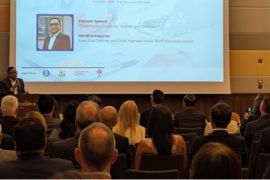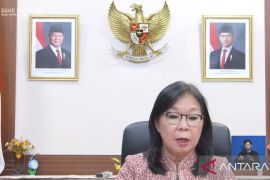Muliaman said as the country`s monetary authority, BI was mulling the issuance of regulations to encourage wider inclusion of the public in access to financial services, including the possibility of moving this access from one place to another with the help of technology and regulations.
Low public access to financial institutions was caused by various factors such as distance, knowledge and collateral.
As Indonesian banks were playing a role in controlling about 80 percent of the financial industry in the country they were expected to build financial services that can be enjoyed by wider segments of society, he said.
BI was prompted to try to increase the public`s access to financial services after a BI survey on households in 2010 had shown that 62 percent of Indonesian households had no savings at all.
Currently, there are five inclusive financial activities pillars and five major products that will be the object of inclusive financial activities, he said.
The five main activities were financial education, financial information mapping, intermediary facilities, distribution channels and regulatory support.
Muliaman also said to the "inclusion" of more people in access to financial institutions, was not only the task of the banking community but also of the government in build public attitudes and the banking system`s capacity or cabilities.
Inclusive Finance is a comprehensive activity that aims to eliminate all forms of barriers to public access in the use of financial services, supported by a variety of infrastructure, he said.
(SYS/A050/A014)
Editor: Suryanto
Copyright © ANTARA 2011











